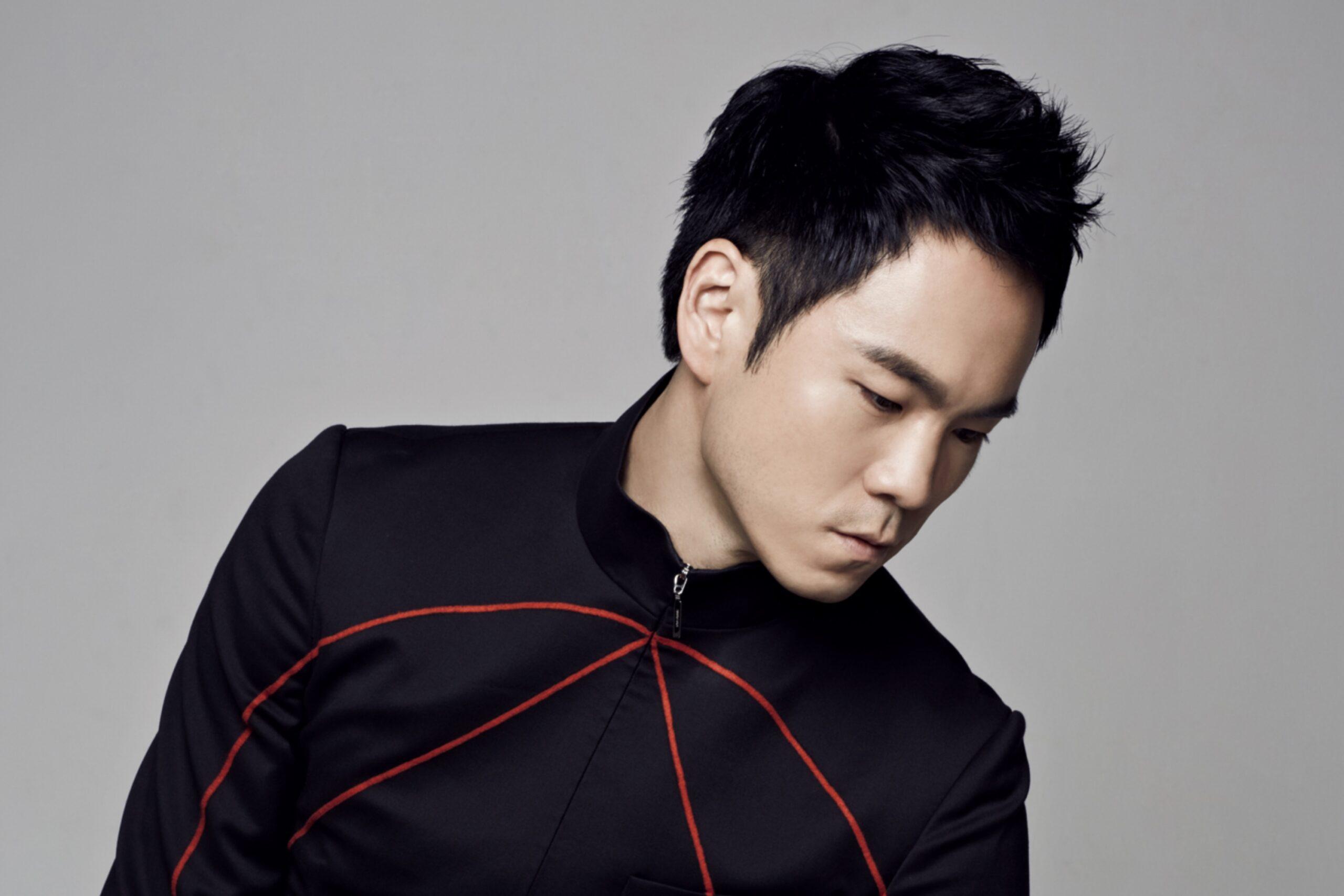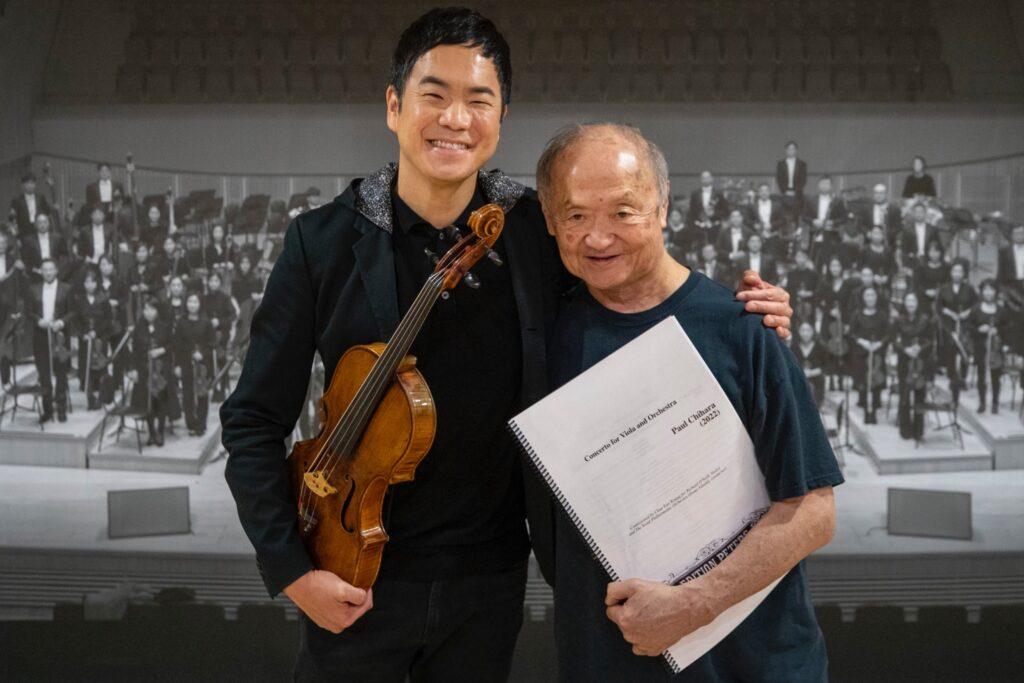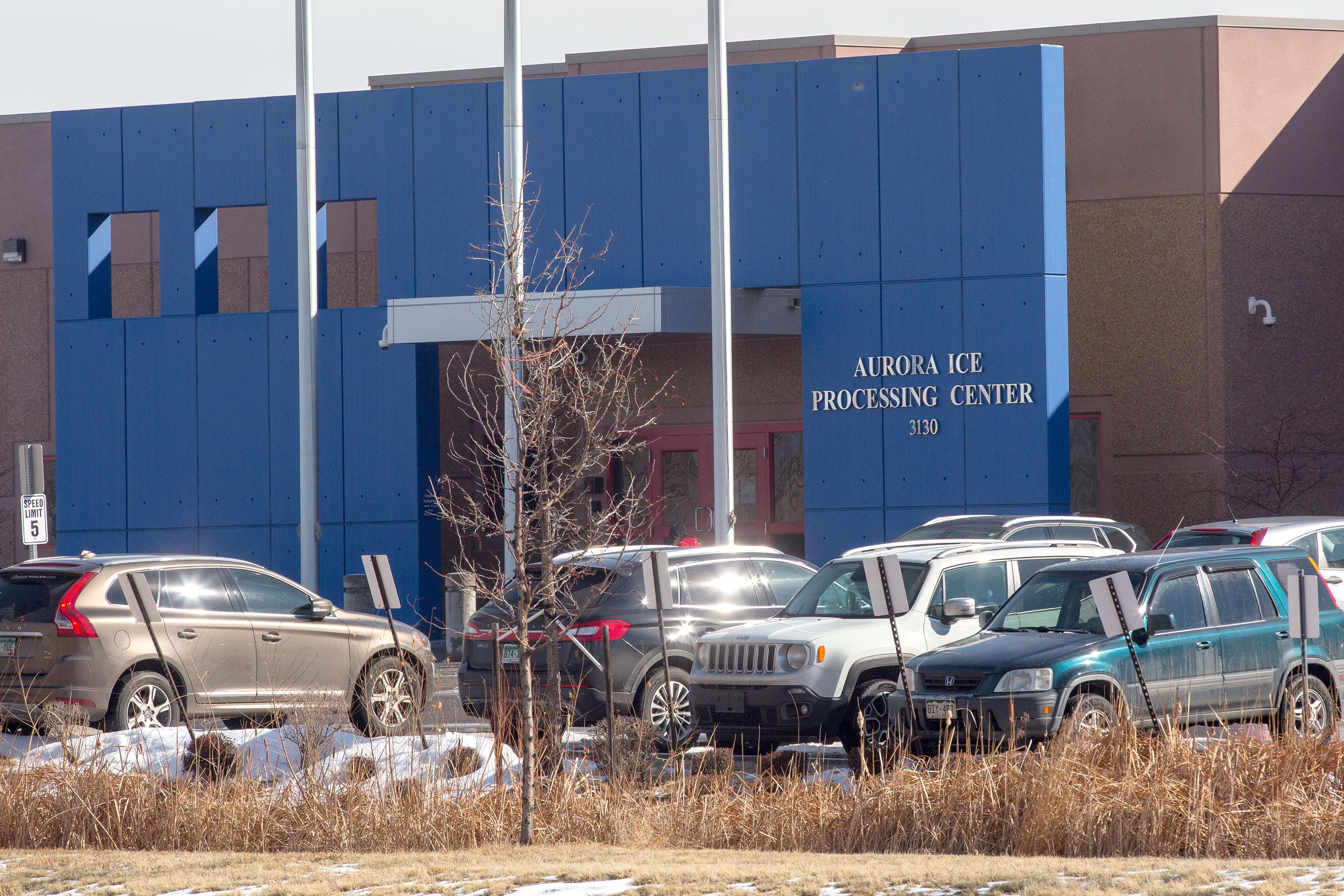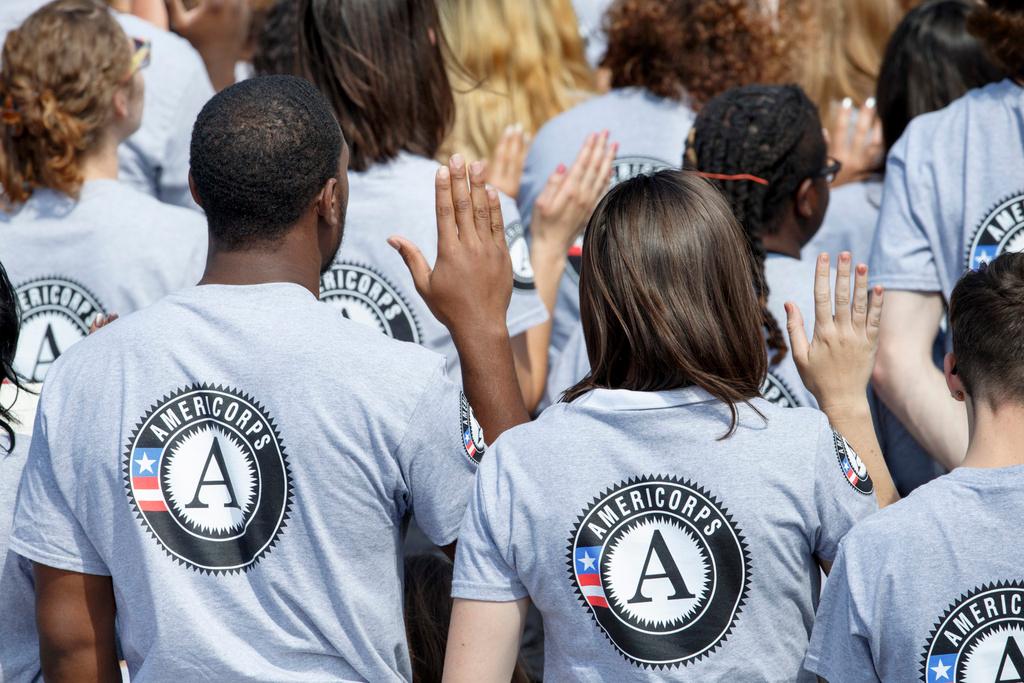
Violist Richard Yongjae O'Neill has been part of the University of Colorado Boulder’s long-standing ensemble-in-residence, the Takacs Quartet, since 2020. Just a year after he joined, O’Neill brought home a Grammy for Best Classical Instrumental Solo Performance. O’Neill’s fame extends far beyond the borders of Colorado. He’s a member of the prestigious Chamber Music Society of Lincoln Center in New York, an international soloist and a well-known figure in South Korea. In fact, he was the subject of a five-hour documentary on the Korean Broadcasting System. Get to know Richard O’Neill with CPR Classical in honor of Asian American and Pacific Islander Heritage Month.
CPR Classical: Can you tell me about your heritage?
Richard O’Neill: I am Korean-American. My mother Colleen O’Neil (Lee Bok-soon) was adopted to the U.S. during the Korean War.
CPR: What was your start in music? Age, instrument, people who inspired you?
RO: I started playing the violin when I was 5 and switched to viola when I was 15. My grandmother was very influential in my development. Even though she was in her eighties she still drove me hours to my lessons.
CPR: Has a career in music been your dream since the very beginning? If not, how did it become your career?
RO: Yes, I’ve always wanted to be a musician! Well when I was really young I wanted to either be a farmer (coming from rural Washington State) or a bus driver (loved the Greyhound buses)… Later in life I thought if I wasn’t in music I would become a social worker.
CPR: Fifty years ago, we hardly saw any diversity in classical music - gender, race, etc. How has the orchestral world changed in terms of diversity and is there more that needs to be done? Would love to know if you personally have or have not seen a change during your career.
RO: I definitely think there has been a change in the areas that you have mentioned. I have enjoyed getting to know some of my personal heroes, like violinist Kyung Wha Chung, and getting to hear her life experiences. It is also fun to meet young artists now in their twenties that say they came to some of my concerts when I was first starting out. Everything we can do to bring people into our world is so important.
CPR: What does AAPI month mean to you?
RO: It is great to get a month of celebration for our community. There is so much diversity within the Asian and Asian American communities, and I am very proud of my South Korean heritage.
CPR: What piece, performer, composer, do you think we should look to to celebrate AAPI month, and why?
Paul Chihara. Paul grew up in the Pacific Northwest in Seattle, and was interned in Minidoka when he was 5 years old. Paul’s composition style is quite unique, as a Hollywood and Broadway composer as well as his more traditionally classical compositions. There is an album called "Minidoka" which features compositions surrounding that period in his life which I find very moving. Paul wrote me a new viola concerto which we premiered last year with the Seoul Philharmonic and Osmo Vanska, but unfortunately I only have the live recording.

There are a variety of ways to hear great performances by today’s top artists as well as legendary singers from the Metropolitan Opera’s history. Download the Colorado Public Radio app, tune in at radio signals around Colorado, or you can tell your smart speaker to “Play CPR Classical."









